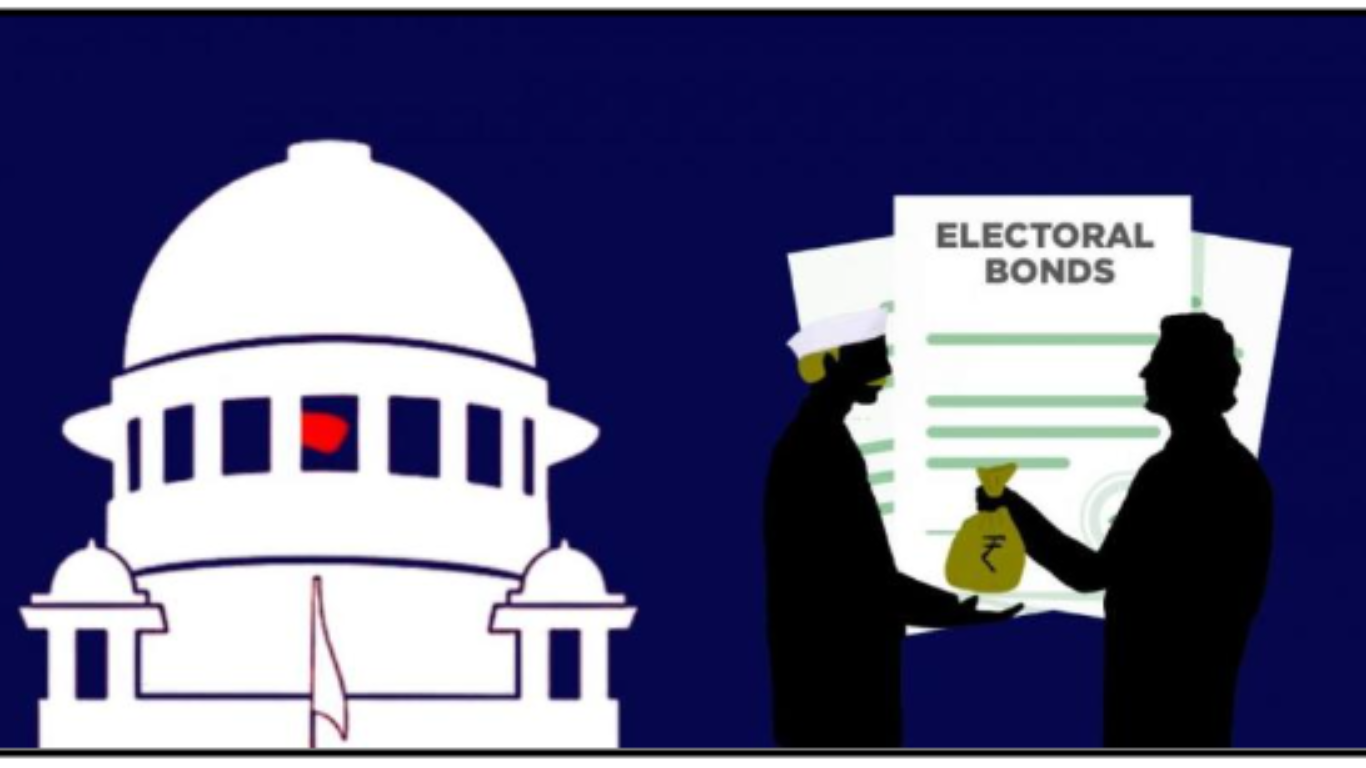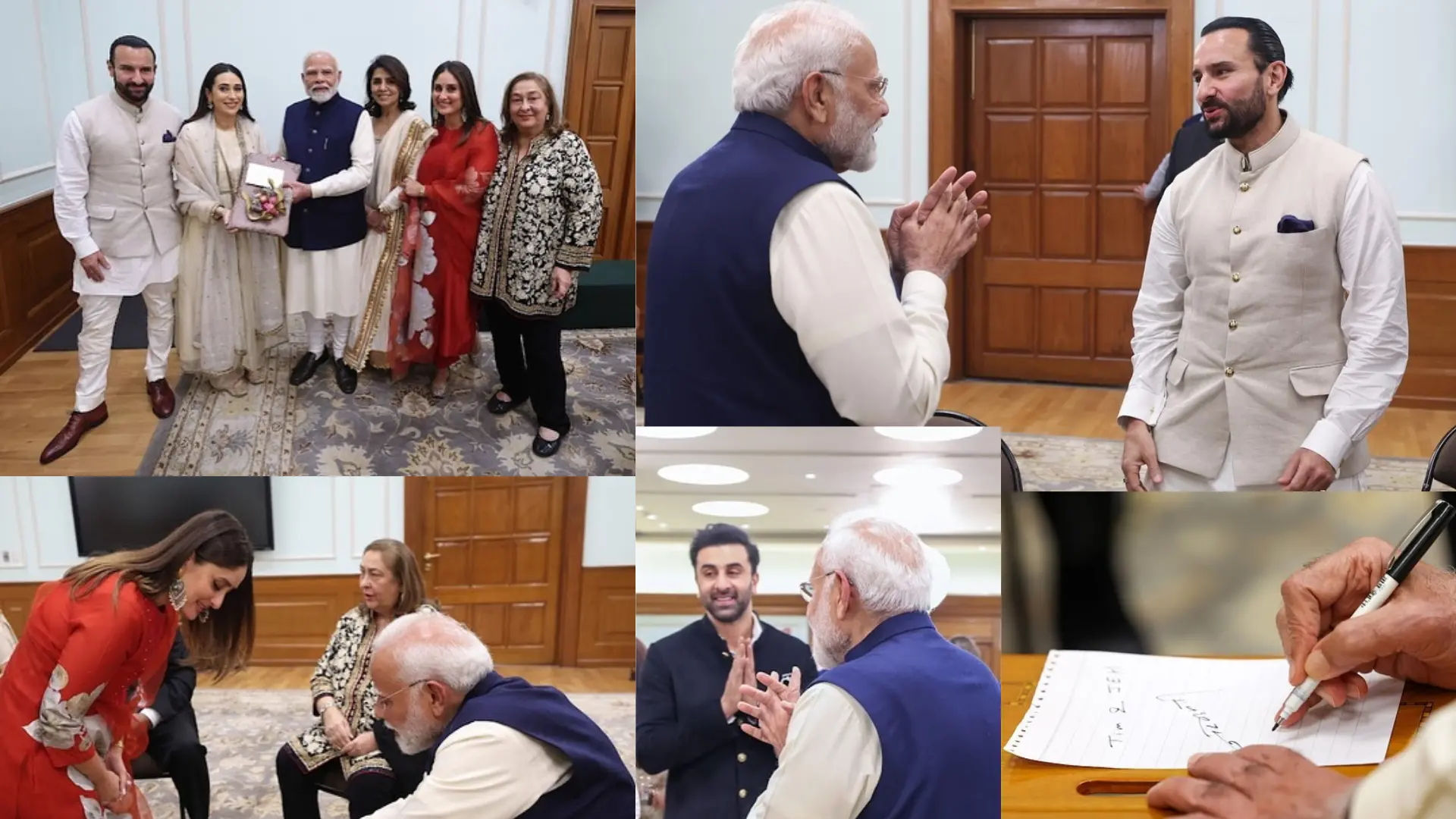In a significant development concerning the contentious issue of Electoral Bonds, the Supreme Court of India on Tuesday delegated the decision on the listing of a petition seeking a probe by a Special Investigation Team (SIT) into alleged instances of quid pro quo arrangements between corporates and political entities to the Chief Justice of India.
During the proceedings, a bench headed by Justice Sanjiv Khanna assured that the matter was under the consideration of the Chief Justice’s Secretariat, indicating that a date for further deliberation would be determined accordingly. Advocate Prashant Bhushan, representing the plea, had sought an expedited hearing.
The petition, filed by NGOs Common Cause and the Centre for Public Interest Litigation (CPIL), raised grave concerns over the transparency and legality of Electoral Bonds. It called for an investigation into the source of funding of shell companies and financially struggling entities to various political parties, as revealed through electoral bonds data.
Furthermore, the petition urged authorities to recover funds from political entities if donations were found to be part of quid pro quo arrangements, alleging a multi-crore scam embedded within the Electoral Bonds system. The petitioners emphasized the necessity of an independent probe, supervised by a retired Supreme Court judge, to uncover the intricate web of conspiracy involving corporate entities, government officials, and political functionaries.
Also read: Bollywood Star Kangana Ranaut Files Nomination for Mandi Lok Sabha Seat
Highlighting revelations from data disclosed subsequent to the Supreme Court’s ruling against the anonymity of Electoral Bonds, the petitioners alleged that a significant portion of bonds was exchanged in exchange for governmental favors, protection from legal scrutiny, or policy alterations. They particularly singled out pharmaceutical companies under regulatory scrutiny for their involvement in such transactions, alleging violations of the Prevention of Corruption Act, 1988.
The Supreme Court’s previous verdict in February had struck down the Electoral Bonds Scheme, deeming it unconstitutional due to its provision for anonymous funding to political parties. The court’s directive mandated the immediate cessation of Electoral Bonds issuance by the State Bank of India, alongside nullifying amendments to the Income Tax Act and the Representation of People Act aimed at anonymizing political donations.
As the debate surrounding the Electoral Bonds system continues to escalate, the Supreme Court’s forthcoming decision on the petition seeking a thorough investigation into alleged irregularities holds significant implications for the transparency and integrity of electoral funding in India.




















